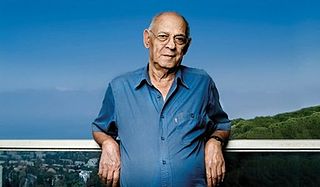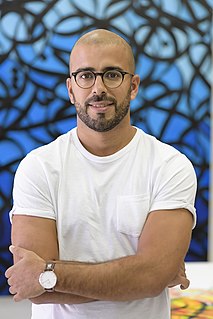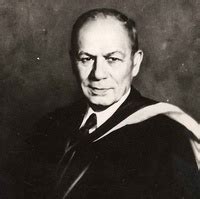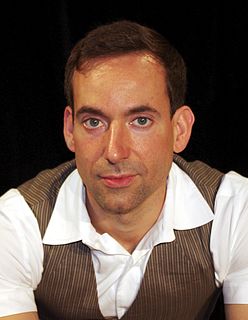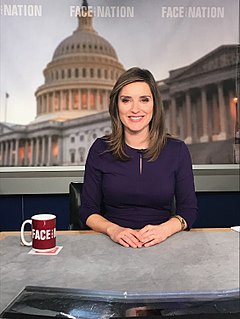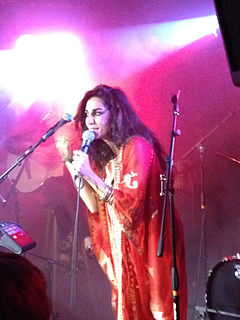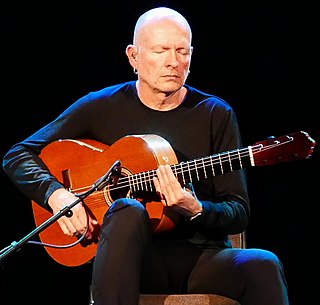A Quote by Sophie Cookson
I was at Edinburgh doing history of art, Spanish and Arabic. I was originally supposed to do Italian instead of Arabic but when I went to see one of the lecturers they told me I should really do something more curveball. So I did.
Related Quotes
I couldn't know about my culture, my history, without learning the language, so I started learning Arabic - reading, writing. I used to speak Arabic before that, but Tunisian Arabic dialect. Step by step, I discovered calligraphy. I painted before and I just brought the calligraphy into my artwork. That's how everything started. The funny thing is the fact that going back to my roots made me feel French.
During all the first part of the Middle Ages, no other people made as important a contribution to human progress as did the Arabs, if we take this term to mean all those whose mother-tongue was Arabic, and not merely those living in the Arabian peninsula. For centuries, Arabic was the language of learning, culture and intellectual progress for the whole of the civilized world with the exception of the Far East. From the IXth to the XIIth century there were more philosophical, medical, historical, religiuos, astronomical and geographical works written in Arabic than in any other human tongue.
I went to a mosque in Philadelphia with [my wife] in December 24, 1999. And we we went to this mosque in Philly, and I just had such a strong reaction to the prayer. And I was really emotionally - I felt really grounded at that time. And so to be in this prayer and the imam is doing the prayer in Arabic and I don't understand a word of Arabic but I just remember these tears just coming down my face and it just really connecting to my spirit in a way that felt like I needed to pay attention to that.
We [ with Russel Crowe] had an Arabic coach there [ in the Body of Lies] that was really helpful, because it was more so than any accent. You have to be so exact, and there's different dialects of Arabic from country to country so it was really, really difficult to tell you the truth. And one of the hardest things I've ever had to do language-wise, because it comes from the throat. It's different. And also learning about the customs and the culture and all that, so we had advisors for that sort of thing.
In 1993, my first documentary was about the civil war in Algeria. That was in French and in Arabic. Another short film I did was silent. What I'm trying to say is that, yes, I'm Italian, and yes, I make films with Italian money, but personally, I've always been invested in the broader world of film-making.
I think in Arabic at times, but when I'm writing it's all in English. And I don't try to make my English sound more Arabic, because it would be phony - I'm imagining Melanie Griffith trying to do a German accent in Shining Through. It just wouldn't work. But the language in my head is a specific kind of English. It's not exactly American, not exactly British. Because everything is filtered through me, through my experience. I'm Lebanese, but not that much. American, but not that much. Gay, but not that much. The only thing I'm sure of, really, is that I'm under 5'7".
Flamenco is Arabic music and rhythms filtered through centuries of gypsies making music. The gypsies themselves came originally from India. And then there is the Caribbean influences... This whole idea that there is any such thing in music that "purity" is bunk, it just doesn't exist. I love that I am playing these rhythms to people. And the next time they hear something that's maybe a little more exotic, I have created a little bridge, and they are going, "Oh, this actually sounds really cool. It reminds me a little bit of that, but it's something different."


